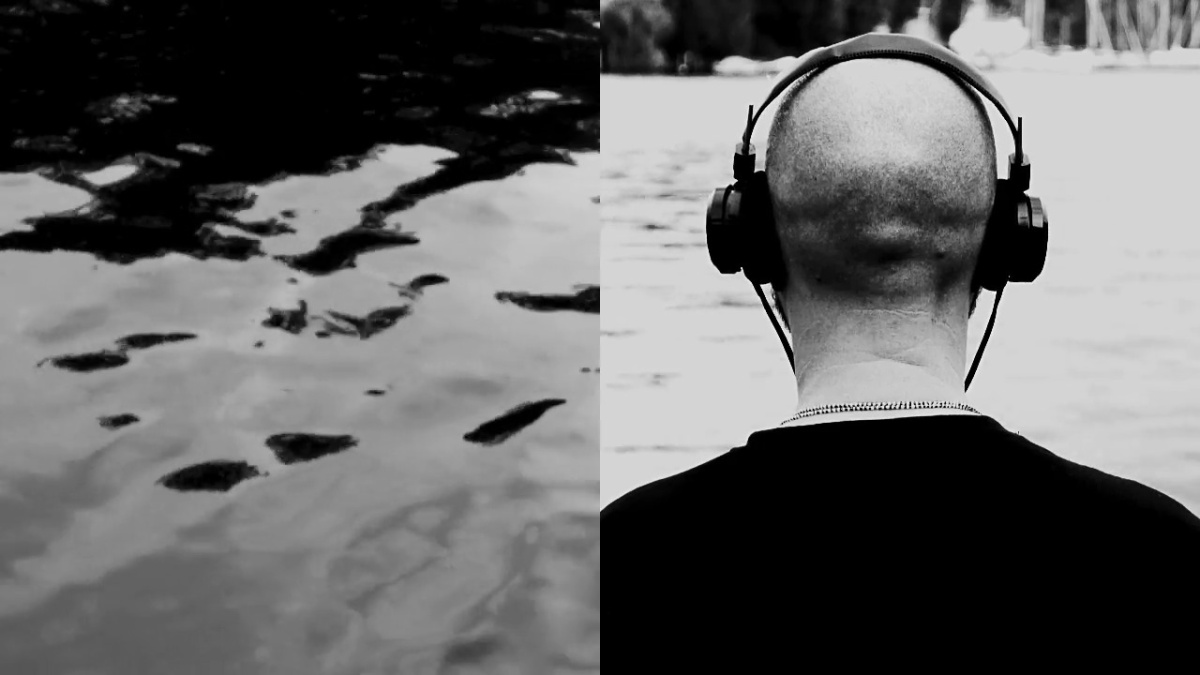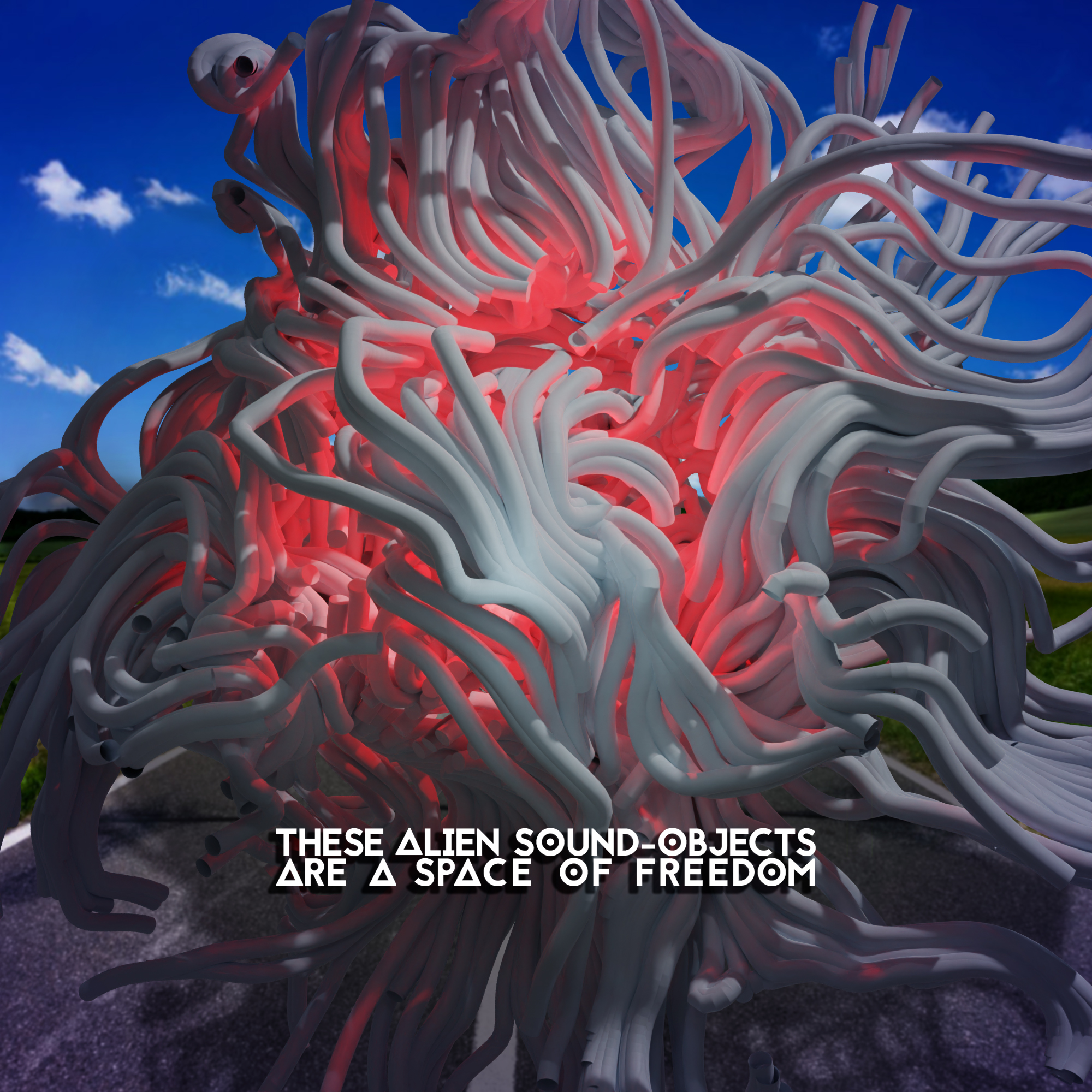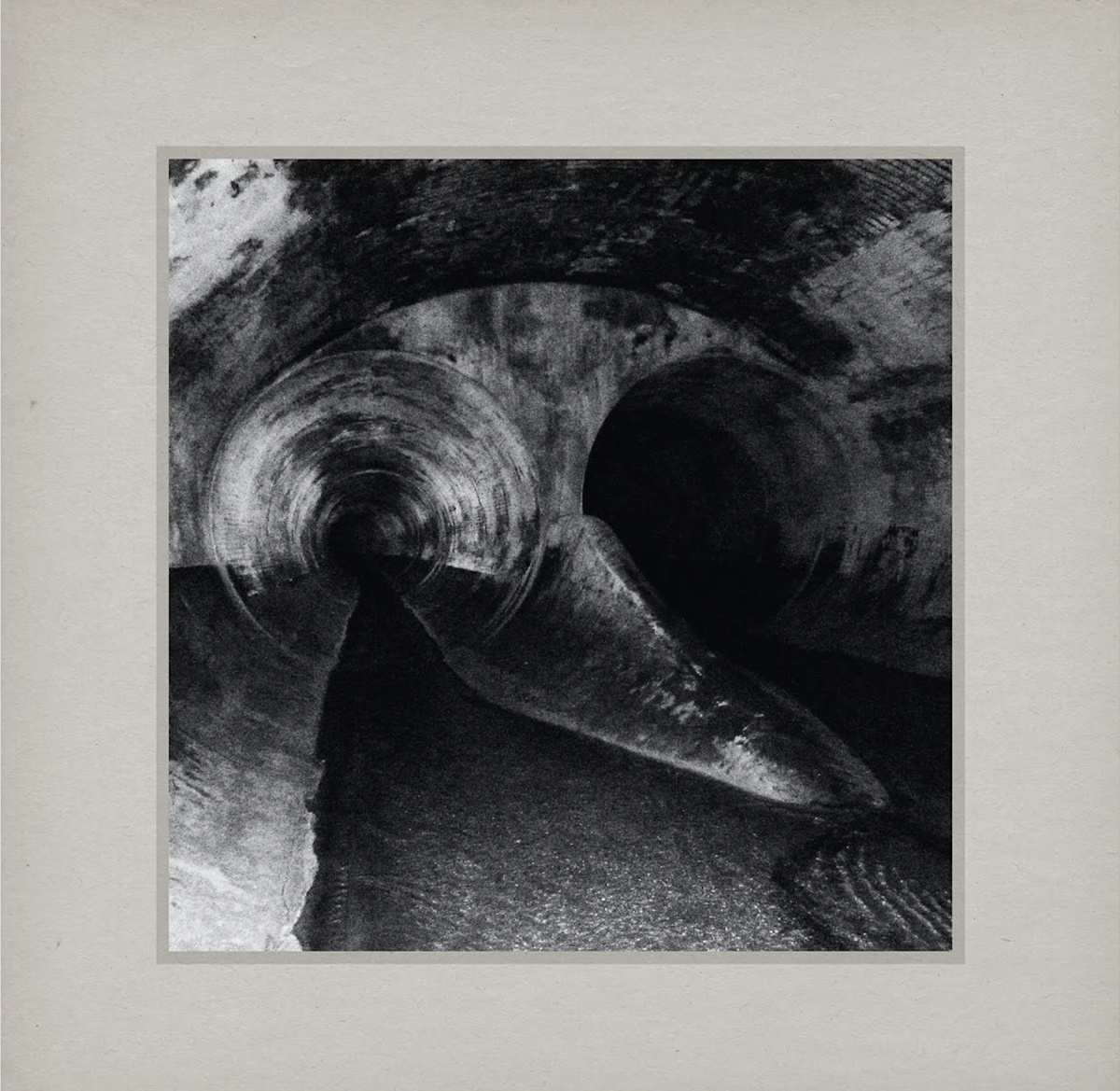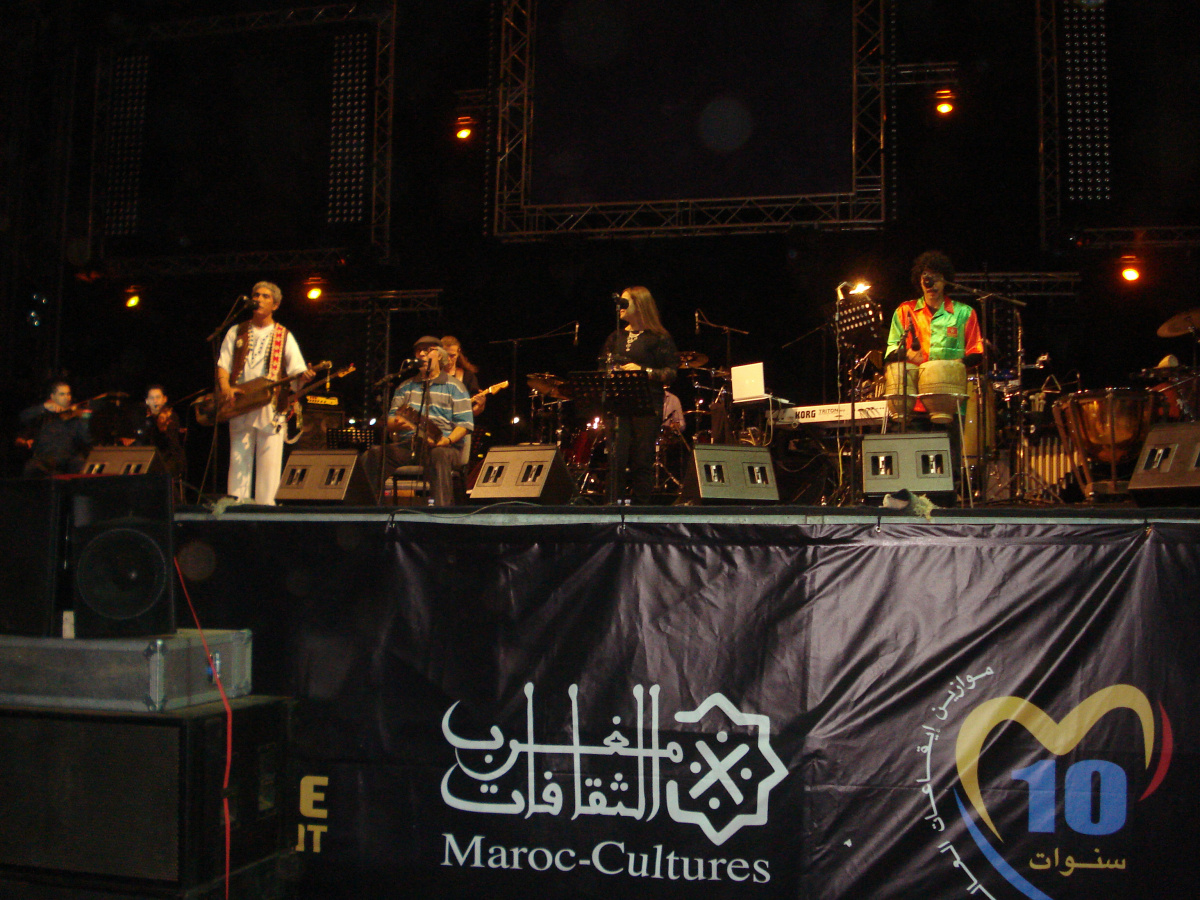
More Here Now
Making field recordings is like tapping into an alien world. For our writer, it feels less like experiencing, more like becoming time itself. Read a new episode of the column Sonic Worlding.
I’m sitting on a step. The street still smells of rain. I put my headphones on, and press record on my zoom. The nebulous gray I heard just a few seconds ago – the sound of this city – instantly crystallizes into a universe of clear-cut interconnected sound-objects. I hear a soft popping all around me. It’s almost regular, like fingers snapping – all these invisible hands! If I didn’t know any better, I would feel surrounded.
Sinking Into Time
Every five seconds or so, a sustained ring. It’s the sound of a glass vessel, somewhere, catching a stray droplet of water from one of the glistening hazelnut trees lining the street. The pavement is also wet, so whenever a car passes, the tires make a high-pitched slurping sound, in addition to their regular whoosh. The hum of the big street down the block underscores everything: a chunky, pulsating side-chained bass drone.1
An older lady walks past me with her mascot of a dog. Her shoes clack along, the dog’s claws scratch at the cement. The pup spots a group of construction workers approaching (real big fellas, too!) – visibly shaken, it starts barking! I pull my headphones off, this pained sound is killing my ears! Before I hit the stop button, I glance at the counter – I’ve been sitting here for almost thirty minutes straight! It only felt like ten, tops!
What I love about field recording is that it transports me into the «zone». It’s a space that I know from playing out live and studio sessions, one that I’ve been honing and exploring with my sitting practice. When I’m in it, I am present. I am whole. Time is seamless, and it feels like I become it. When I’m out in the field, I tap in automatically. The increased volume combined with a progression of seemingly new sound-triggers takes me there. Although, clearly, I know otherwise, that reptilian part of my brain is ready to hit the fight-or-flight switches any moment.
In Love With Alien Sound Objects
I am a vandal, when it comes to working with field recordings. I destroy, deface and distort them. There is nothing methodical about it. I have no idea where I’m going, nor do I want to. All I know is that I don’t want to go anywhere that I’ve been before. Filter-reverb-filter-delay-compressor-filter. Export the resulting sound! It’s all random, as are the settings on each effect I drop into the chain. Sometimes, it takes dozens of such runs, on occasion, hundreds! Either way, I don’t stop until I get that feeling that I only get out in nature or in big cities like Hong Kong, where human activity approximates natural chaos. I feel small, then.
There is an underlying order in what I behold, of course, but what makes it enticing is that it’s beyond my computing power. Maybe this implied order is statistical, like the patter of rain. If I can intuit it, and what is pouring into my ears sounds alien – and it got me all mesmerized with its otherness – I have arrived! Or, at least, I’m not that far off. These alien sound-objects are a space of freedom for me, like listening to the world around me amplified. Although they are rooted in moments lived (and recorded), they have been transmuted into something abstract. They are open vessels now. Every time I listen to them, they sound new to me. I complete them with whatever I am feeling at the moment. And, because their musicality is of a non-functional nature (and almost fully implied), I will never be able to assimilate them in their entirety. And that’s what I love about art!
Sorta Never Complete
It’s been five years since I went down this field recording path, and started abusing sound. I am different as a result, and grateful for it. I can hold my attention longer, not only on sound phenomena, but just about everything else. I am more here now. The conversations that I’m having are more engaged, and I often find myself listening more than speaking. I also developed an extra sense when it comes to sound: I’m hyper-sensitive to its depth, and I can feel its truth. This, of course, gets annoying, because of the nature of modern sound production and all the shortcuts that it offers (sample packs, preset patches etc.).
I can honestly say that I don’t know where I’m going, and I don’t care! Because, I am really fucking enjoying this trip right now! If anything, I just hope that in five years time I can hold my attention even a bit longer, and hear things that I am oblivious to now.
- 1. Side-chain compression is a type of dynamic compression that allows one signal to affect the volume of another. For example, the hit of kick-drum reduces the volume of the bass-line.
«Sonic Worlding» is a monthly Norient column. It invites writers and artists from all over the world to to think and speculate with and not only about music. Where most music writing treats music as something that can be categorised and placed in pre-determined boxes (personality cults, end-of-year lists, genres, origins, styles), «Sonic Worlding» is interested in the vast potential of rhythms, ideas, and worlds that are still to be unlocked, attempting to spin new webs of thought spanning the globe. Edited & curated by Norient editor Philipp Rhensius.
Biography
Published on October 15, 2022
Last updated on December 05, 2023
Topics
Music and art that dealing with the unfinished and undefined.
Why do people in Karachi yell rather than talk and how does the sound of Dakar or Luanda affect music production?
From machine-assisted musicking to the struggle of creating under precarious circumstances and in a world in which work rules everything.
Does a crematorium really have worst sounds in the world? Is there a sound free of any symbolic meaning?
Special
Snap


